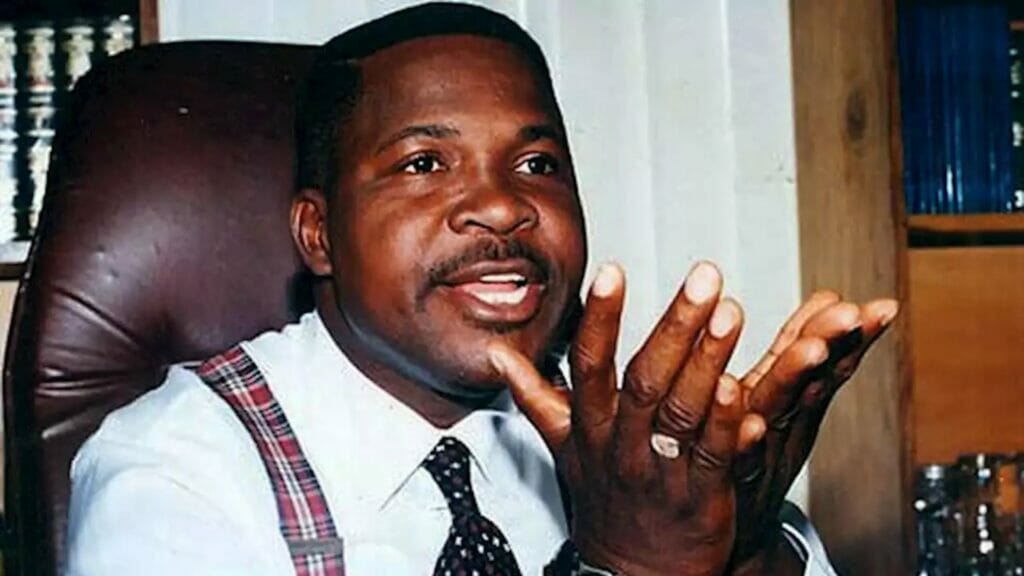Popular lawyer and activist, Mike Ozekhome (SAN) has disclosed that the constitution empowers the National Assembly to override the President Muhammadu Buhari, if he fails to assent to the Electoral Bill.
Ozekhome while expressing doubts that President Buhari might not assent to the Bill, wondered why he would miss the opportunity to put his signature on a Bill that will help in overriding all the challenges witnessed in the last six years.
This was disclosed on Monday by Ozekhome when he appeared on Arise TV which is the last day the President has to assent to the Bill passed to him by the National Assembly.
He said, “Let me say this very clearly, I don’t think President Buhari will assent to that Bill. I want to be proven wrong for once because all my predictions about this government have always come to pass.”
He continued, “There shouldn’t be this fear that today is the last day that the President must assent to the bill because it was sent to him on the 19th of November. People think that the 19th of December makes it 30 days, No. For you to know how to calculate days in an enactment for an Act to be done, you have to go to what we call the Interpretation Act, Laws of the Federation of Nigeria, 2004. Under Sections 2 and 3 of the Interpretation Act, when an Act is to be done, you leave out the day when the Act is to be done and start calculating from the next day. So, in law, you start calculating from 20th November 2021, not from 19th of November.”
On the stance the lawmakers in the ninth National Assembly will take if the President fails to assent to the Bill, Ozekhome lamented that they are always quick to grant the President’s desires.
He, however, pointed out that Sections of the Constitution empowers them to override the President’s veto through a two-third majority vote.
He said, “You have to go to Sections 58, 59 and 4 of the Constitution. The Constitution gives the legislative powers of the nation to the National Assembly made up of the Senate and the House of Representatives. That Section 4 gives power to the National Assembly to make laws for the peace, order and good governance of Nigeria. It doesn’t say for the insecurity, disunity or mismanagement of the country. That means whatever steps the National Assembly takes must be to advance the democratic course of Nigeria towards better governance and dividend of democracy. So, under Sections 58 and 59, when the President vetoes a Bill sent to him by the National Assembly, all hope is not lost. Those sections empower the National Assembly to override that veto by the President through a two-third majority vote. And the law is that the bill shall become law without the assent or signature of the President. The question is, will Mr President miss this opportunity to put his signature on an amended Electoral Bill that will help to override all the challenges we have been seeing, particularly in the last six years? Will he miss this golden and historic opportunity to put his signature on an Act that will advance the course of democracy?”
The lawyer urged the President’s advisers, the Attorney General of the Federation and others to urge him to assent to the Bill which he says will put power in the hands of the people.
